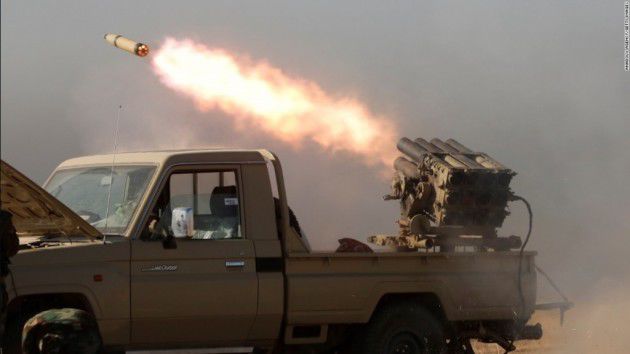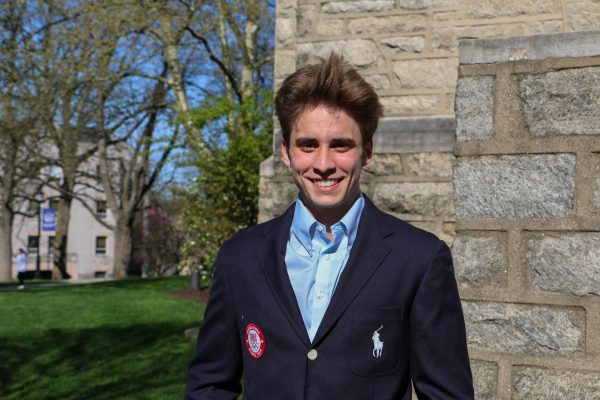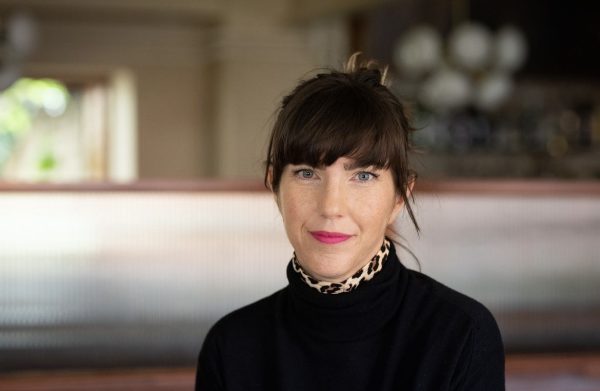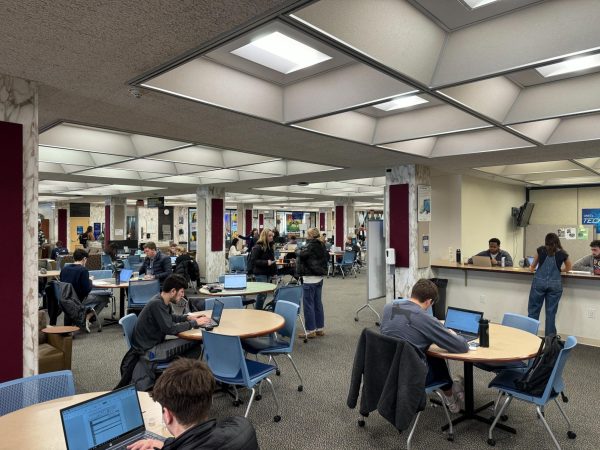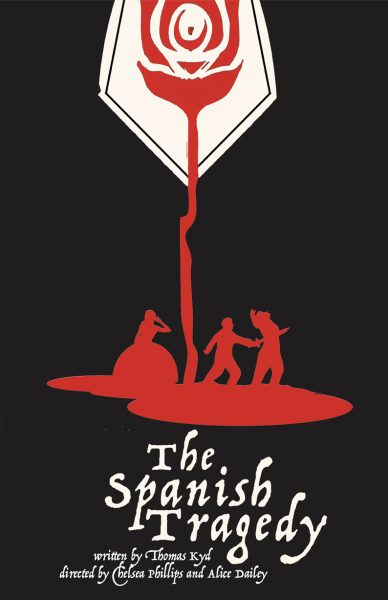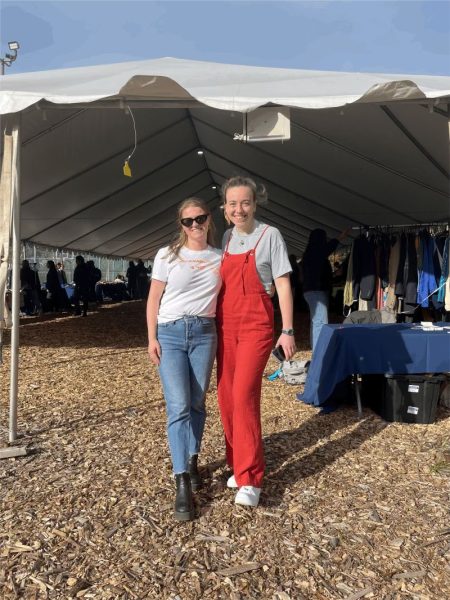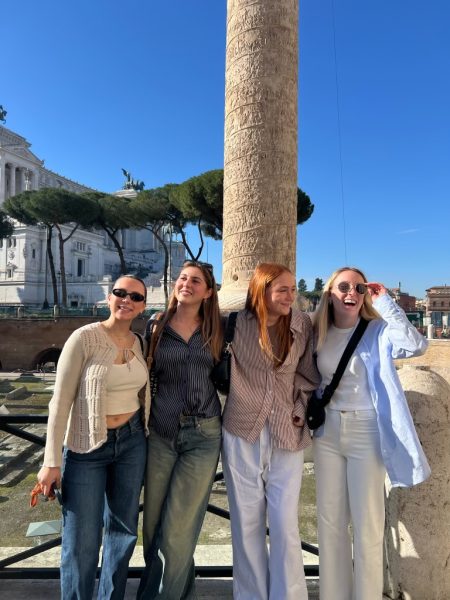The battle for Mosul commences
October 25, 2016
A campaign to retake the ISIS-controlled city of Mosul, the de facto capital of ISIS territory since 2014, has formally been launched by Iraqi security forces. Backed by Kurdish Peshmerga, Sunni Arab tribesmen, Shia militiamen and U.S.—led warplanes and military advisers, the planning for Operation Conquest has been underway since Iraqi forces surrendered the city two years ago. The effort will most likely be protracted and bloody. Estimates for the duration of fighting have swirled ranging from weeks to months given the diversity, density and complexity of the city. Mosul is the second most populated Iraqi city, with 1.5 million people, and it has significant ethnic and religious diversity. This operation will likely be one of the Iraqi government’s most challenging assignments in the fight against ISIS as the terrorist group has spent the last two years to fortifying the city.
In its effort to defend the city, ISIS has used suicide bombers, booby traps with IEDs, built an elaborate underground tunnel system, established sniper positions and used smokestacks to obscure overhead vision to make precision airstrikes more challenging.
There is widespread concern for an impending humanitarian crisis as well. The United Nations estimates approximately 200,000 people will be displaced, only a fraction of which can be accommodated. Without established safe routes, it appears that many citizens will remain within city limits and be forced to endure the fighting.
Despite the challenging nature of the operation, ISIS appears to be outnumbered six-to-one, and some military experts have been vocal in their belief that the demise of ISIS is near, especially as the terrorist group has seen its territory shrink significantly during the last calendar year. Observers have reported infighting, internal dissent and defection from within ISIS. Despite its effective propaganda machine, signs of strain persist.
Two principal concerns exist for the post-ISIS Mosul. First, what will the provincial government look like, who will lead it, and how will it function? There will most likely be influence from the Iraqi government, the Kurdish regional government and Turkish elements. Grievances between the groups exist. Some might try to settle scores and compete for power and resources. Second, though the leaders and members of ISIS might fall, its territory and physical structure erased, what will come of the ideology? The ideas and beliefs perpetuated by ISIS were strong enough to compel terrorist activity and won’t soon be forgotten. Though the fighting may be temporary, the ideological struggle will most likely persist for years.
*Global Smackdown is a 23-minute multimedia forum facilitated by Dr. Tim Horner every Thursday at 2 p.m. in Corr 103.

